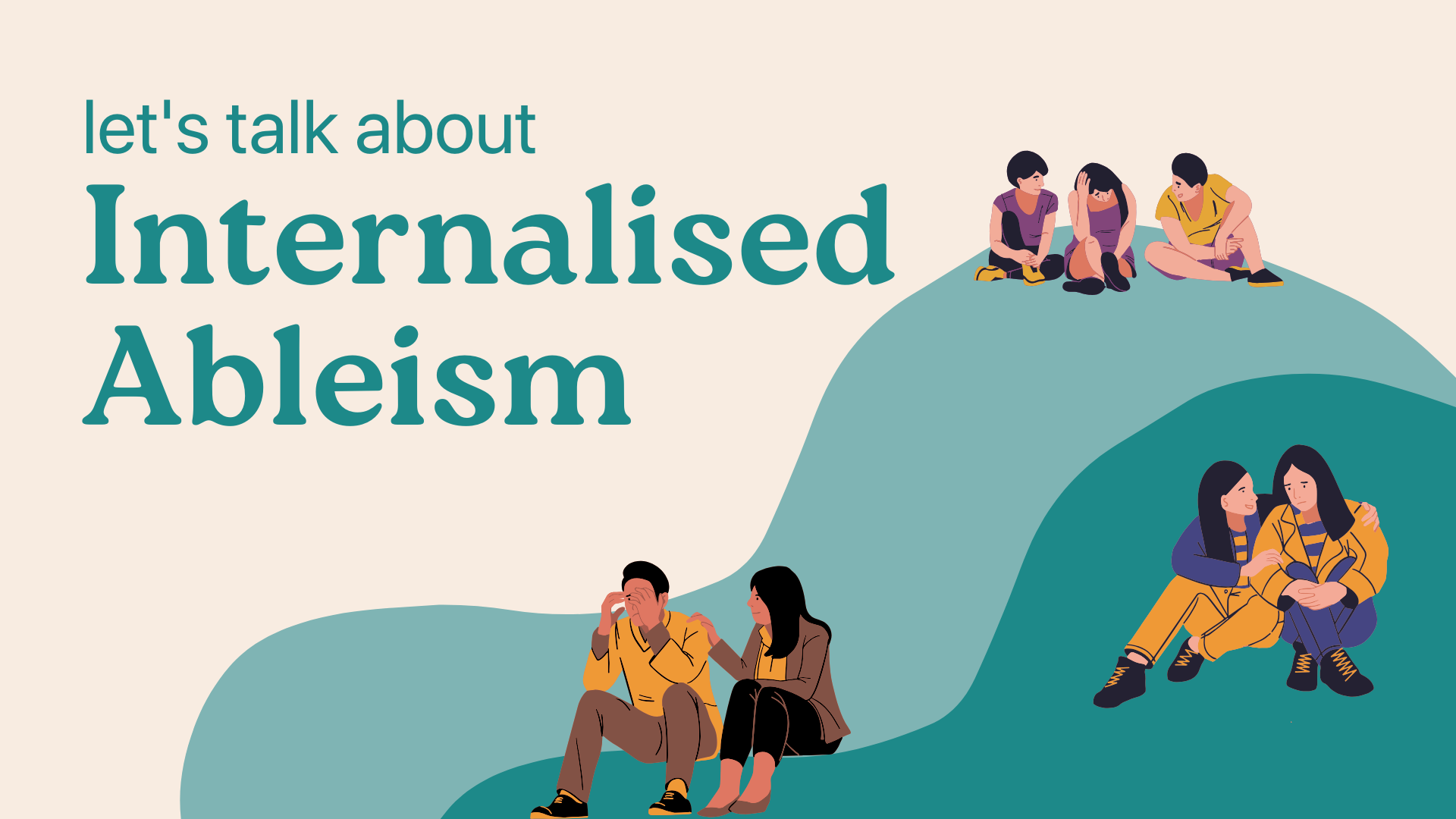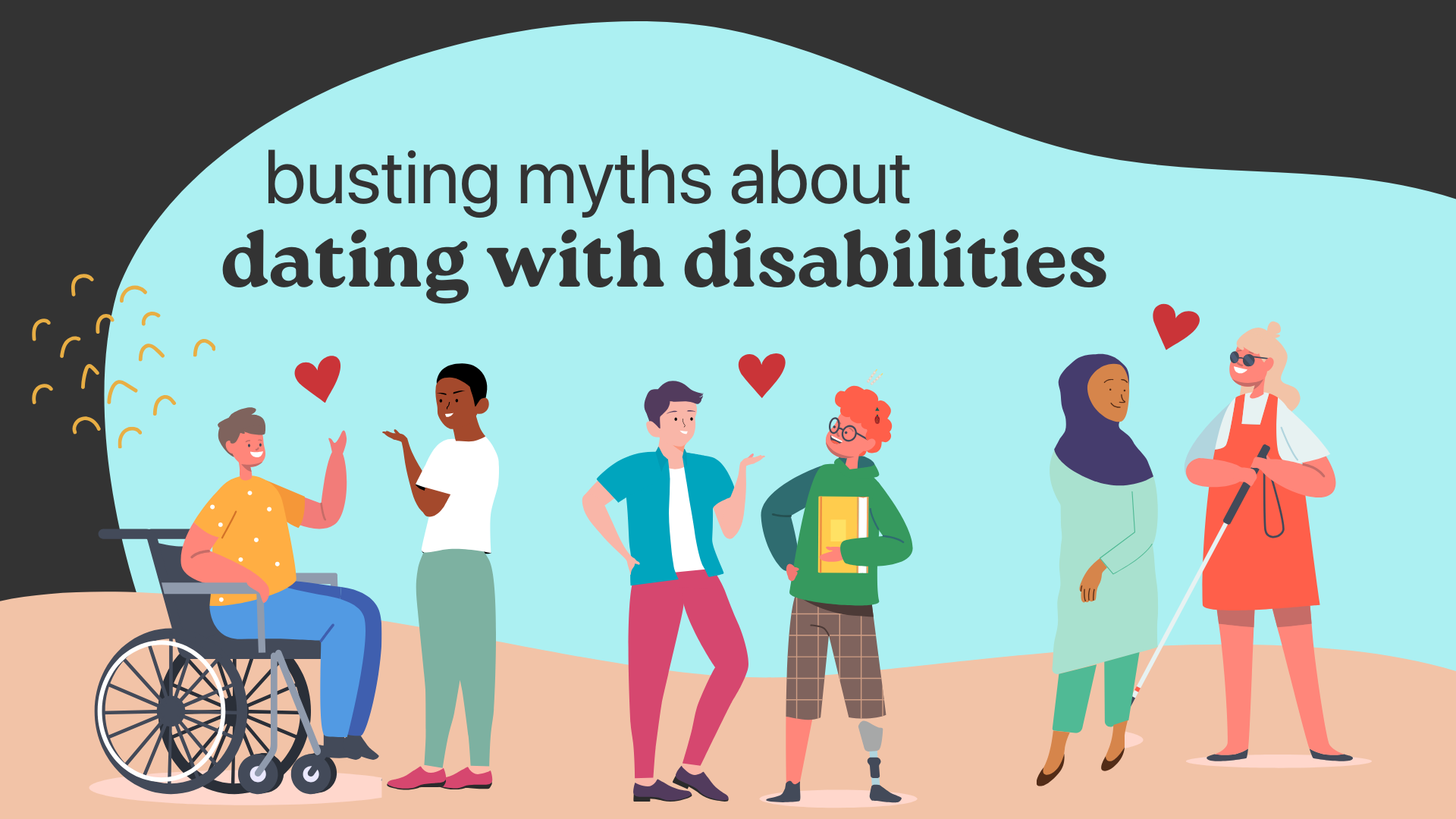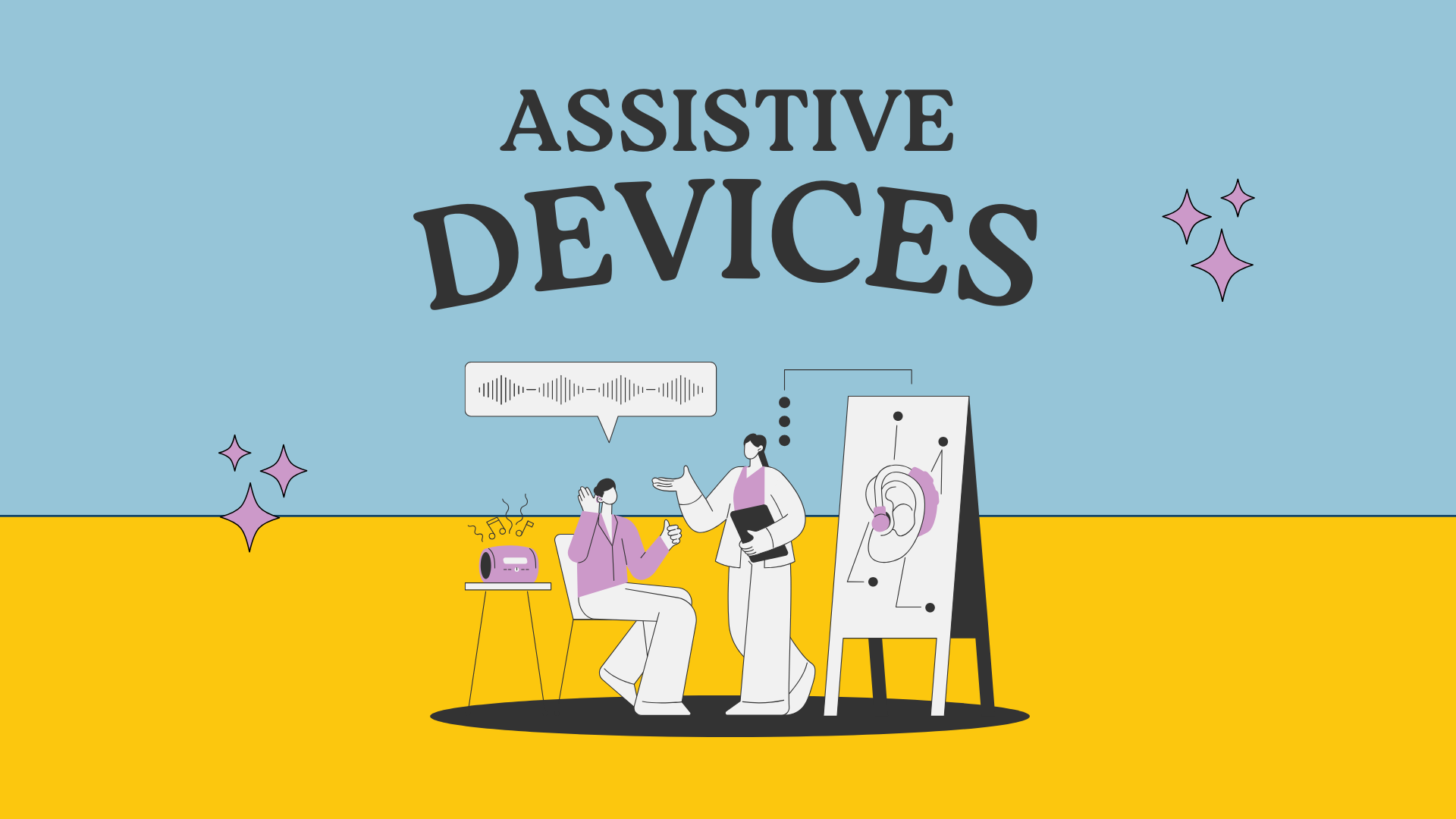Internalized ableism is a phenomenon of disabled people believing misconceptions and prejudices about themselves that tends to become internalized by daily living in an ableist society. It happens when we begin to think about how society labels disability as inferior, diminishing the way we feel about ourselves under the overwhelming power of community, often seeking up shame.
What are its consequences?
Being constantly treated as inferior triggers feelings of being unworthy of love and belonging, reinforcing shame. It appears to be strongly linked to mental health issues and negative body image. Unfortunately, some abled folks in our society have adopted practices, attitudes, or beliefs that, whether purposefully or unknowingly, devalue people with disabilities.
How is it felt?
Internalized ableism can be felt in many ways
- Feeling like a burden.
- Feeling undesirable.
- Feeling like you don’t “fit in.”
- Feeling like you’re “imagining” an illness, even though you know you’re not.
- Internalizing the inappropriate things people constantly say.
- Internalizing other people’s reactions.
- Feeling like you don’t “deserve” accommodations.
- Having low expectations of yourself.
- Feeling like you have to “prove” you’re disabled.
How does it play out?
- Sacrificing one’s rights and not speaking up
- Projecting ableist views onto your disabled peers
- Thinking you need to be “fixed” or craving a nondisabled body or lifestyle.
- Appeasing non-disabled people at the cost of your individuality or safety.
- Self-hatred
- Lowering one’s standards
How to combat it?
We need to step back and reflect on our actions and beliefs about disability that may be contributing to ableism and build up a society where we uplift the voices of people with disabilities so we can pay attention to their lived experiences.
Openly sharing feelings about disability for a PWD can let internal acceptance seek in, to feel that they are accepted at large by the world to simultaneously move to a place where a sense of embarrassment, insecurity, or drop in self-esteem is fought off, and shame isn’t associated to their disability. If someone’s disability is something they don’t have a choice about, why is it something to feel ashamed about?
How can we work as a community?
As a community, it’s paramount that we create spaces where those living with disabilities can talk about their experiences without fear of judgment, undoubtedly leading to the more incredible healing and igniting a path toward disability empowerment.
If you’re reading this and identify as disabled, you are powerful, you are strong, you are loved, you are worthy and you are NOT a burden.

 Busting Myths about Dating and Disability
Busting Myths about Dating and Disability